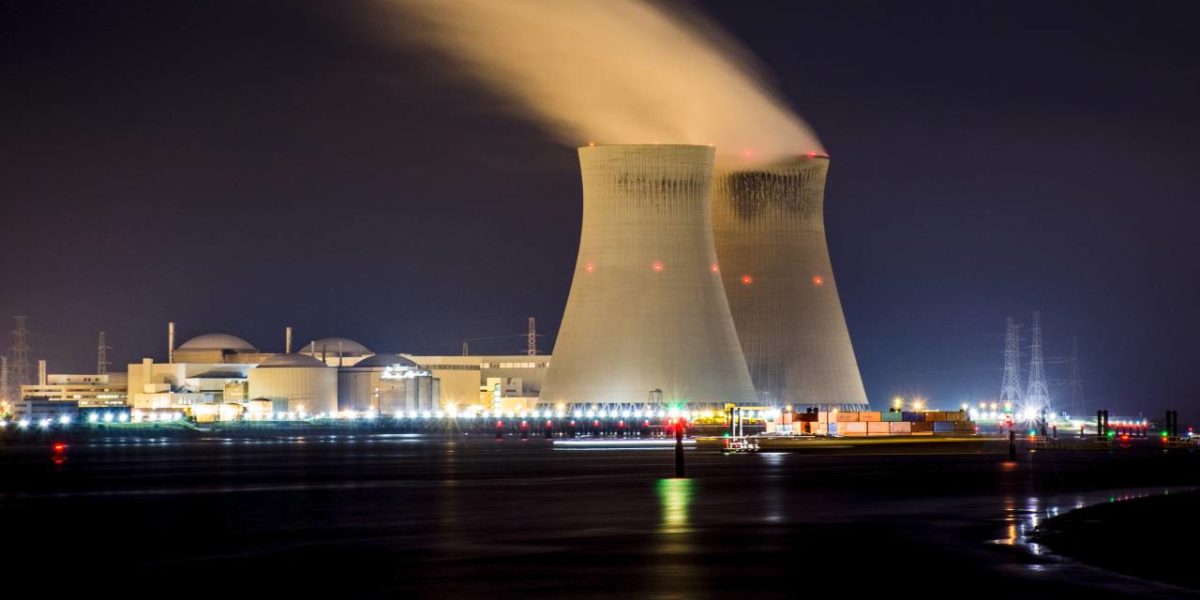Natural Resources Canada (NRCan) issued a news release on March 27 headlined “Now Live: Government of Canada’s Modernized Policy for Radioactive Waste and Decommissioning for Canada.”
NRCan then waited five more days before making the policy available on its website.
Why the delay?
If a government agency knows that information will generate a negative reaction from the public, it posts it quietly on a Friday to minimize media attention.
The Canadian Environmental Law Association (CELA) gave the policy a failing grade, saying, “There is no provision for independent management of nuclear waste.”
Nor does the policy acknowledge Article 29(2) of the U.N. Declaration on the Rights of Indigenous Peoples.
“States shall take effective measures to ensure that no storage or disposal of hazardous materials shall take place in the lands or territories of indigenous peoples without their free, prior and informed consent,” the Article reads.
After NRCan released a draft of the policy a year earlier, the Council of Canadians sent out an action alert that triggered 7,400 emails demanding “an independent oversight body free from industry influence to regulate our radioactive waste.”
Nuclear Waste Watch submitted An Alternative Policy for Canada on Radioactive Waste Management and Decommissioning based on International Atomic Energy Agency safety standards and requirements for decommissioning, waste storage, and waste disposal.
Why does Canada’s new radioactive waste and decommissioning policy ignore Indigenous rights, public input and international safety standards? Is this a desperate attempt to revive a fading nuclear industry by allowing it to ignore its waste problem?
The new policy illustrates the conflict of interest facing NRCan Minister Jonathan Wilkinson, charged with promoting nuclear energy under the Nuclear Energy Act.
When Budget 2023 was tabled, John Gorman, president of the Canadian Nuclear Association, wrote in a LinkedIn post, “I am personally grateful to Minister Wilkinson in particular, and his team of dedicated staff at NRCan (including but not limited to Mollie Johnson, Claire Seaborn, John Hannaford, and Debbie Scharf), who have championed the role of nuclear in Canada.”
As NDP deputy leader Alexander Boulerice noted at a recent press conference, NRCan has been infiltrated by pro-nuclear proponents.
“They don’t have to knock on the door to get into the house because they own the house,” Boulerice said.
In other OECD countries, multiple competent regulatory authorities are involved in radioactive waste management and decommissioning. Nearly all have a national oversight body. France also has a national financial evaluation commission to assess the funding of costs of dismantling nuclear installations and of managing spent fuel and other radioactive waste.
In contrast, Canada suffers from a nuclear waste governance void. Canada’s benign nuclear regulator, the Canadian Nuclear Safety Commission (CNSC), allows the nuclear industry to propose its own waste disposal projects with limited technical oversight and no financial oversight. The Nuclear Waste Management Organization is a private organization run by the nuclear utilities that produce the waste.
Canada also now has a weak, hands-off, industry-friendly policy.
Nuclear non-proliferation experts have warned Canada that extracting plutonium from high-level fuel waste risks weapons proliferation. The policy shirks responsibility for the oversight of plutonium extraction (or “reprocessing”), even as the government has given $50.5 million to a start-up company, Moltex Energy, to develop this technology.
The new policy will allow current projects for abandonment of federal nuclear waste to continue. In 2015, Atomic Energy of Canada Limited contracted private companies to manage its $16 billion waste liability.
Without prior consultation with local First Nations, these companies (Texas-based Fluor and Jacobs, and SNC-Lavalin), through their Canadian Nuclear Laboratories subsidiary, quickly announced plans to create new permanent waste disposal facilities next to the Ottawa and Winnipeg Rivers.
Their hastily conceived projects are now dragging through licensing and environmental assessment processes, opposed by municipal governments and citizens’ groups.
Parliament is responsible for scrutinizing public spending and ensuring proper accountability of expenses. The lack of cost-benefit analysis of disposal projects for the federal government’s own waste is irresponsible. The private companies behind these projects would be happy to receive waste management funds in perpetuity.
The old policy stated clearly that waste owners are responsible for funding waste management facilities “in accordance with the ‘polluter pays’ principle”. The new policy merely calls upon the industry to develop “conceptual approaches” and to update on “funding plans.” This opens the door to federal subsidies for non-federal waste owners.
The new policy acknowledges for the first time ever that Canada’s nuclear industry is importing waste in the form of radioactive “sealed sources” not of Canadian origin. These waste imports and other industrial radioactive wastes eventually end up in Canada’s only licensed commercial waste storage facility at AECL’s Chalk River Laboratories, potentially increasing the federal nuclear liability.
The new policy is silent on small modular reactor (SMR) fuel waste. According to a 2022 study in the prestigious journal Proceedings of the National Academy of Sciences, SMRs would produce up to 30 times more waste per unit electricity generated, and novel SMR waste types would pose serious disposal challenges.
Rather than requiring transparency in the form of credible cost estimates and technical analyses of safety for disposal facilities in its new policy, the federal government is subsidizing new reactors that will create additional wastes, impose financial burdens on future Canadians, and create risks of nuclear weapons proliferation.
Canada’s new radioactive waste and decommissioning policy is a failure.
Ole Hendrickson is an ecologist, a former federal research scientist, and chair of the Sierra Club Canada Foundation’s national conservation committee.



